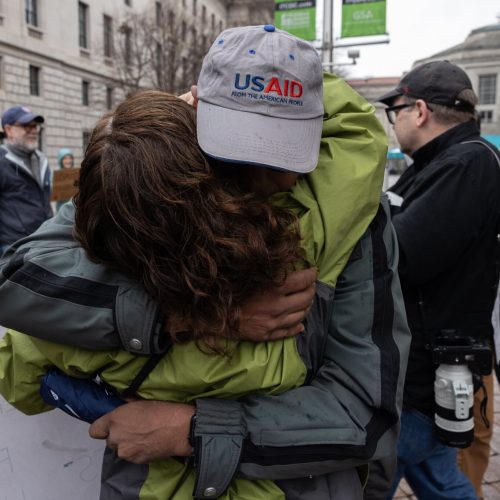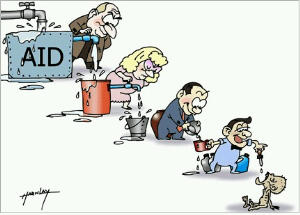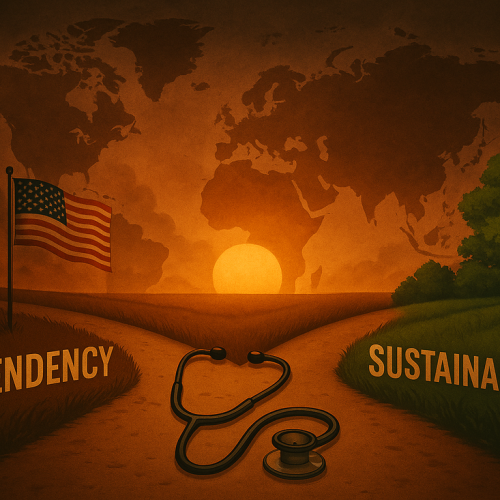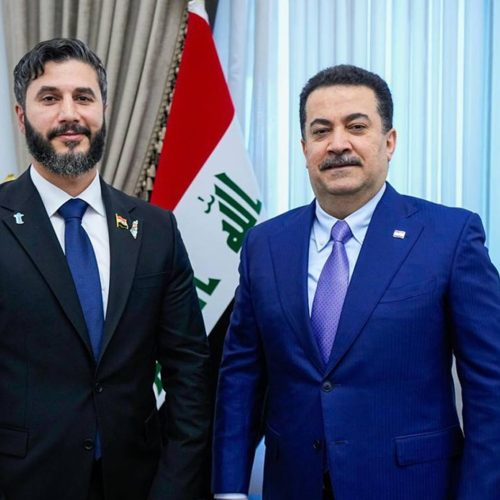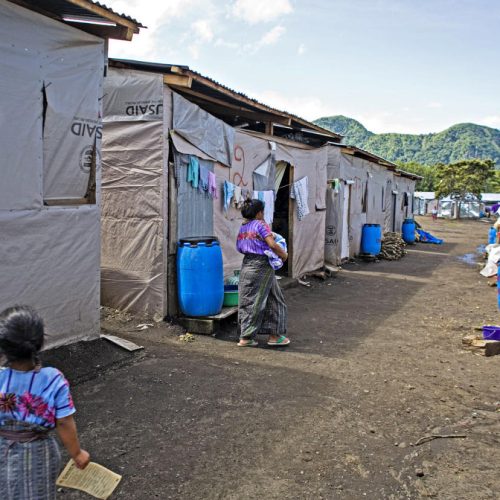October 6, 2023
Could you patent the sun? How vaccine patent waivers would save lives

The world had the chance to truly treat COVID-19 as a common problem and respond to it in an equitable and just manner.
At the beginning of the COVID-19 pandemic, politicians, mainstream media and celebrities in the West declaring the disease the “great equalizer” – implying that this novel virus would affect everyone regardless of their position, wealth, race, or power.
However, as the pandemic progressed, it became abundantly clear that this was not the case. Instead, the development and distribution of several effective vaccines revealed drastically increasing disparities among socially disadvantaged groups, as was to be expected, higher income countries (HIC) managed to procure more doses than they required while lower- and middle-income countries (LMICs) struggled to get any.
“Could you patent the sun?” – Jonas Salk: Patent waivers for COVID-19 vaccines are needed to achieve global vaccine equity and sustainable recovery.
Eventually we arrived at a point where there are fourth doses being offered in HICs while there are certain populations in LMICs who have not received their first doses. This situation was described by the head of the World Health Organization as a “vaccine apartheid”. Hoarding of vaccines by HICs in order to protect their population left people in lower resource countries vulnerable to the adverse effects of COVID-19, especially those in lower socioeconomic strata and marginalized groups. At the end of 2021, 50% of the global population had been vaccinated, however there were great disparities with 75% of people in HICs vaccinated compared to 2% in LMICs.
Unfortunately, the idea of an “apartheid” with regards to pandemics is not a novel concept. The HIV pandemic was exacerbated and prolonged in Africa despite anti-retroviral drugs being available for a decade before they were supplied to low-income countries suffering debilitating losses from HIV and AIDS.
Yet, it is not impossible to have cooperation and coordinated efforts on a global scale. There are examples of vaccines that have effectively eradicated and eliminated diseases that were often considered death sentences. The polio vaccine was invented in 1955 by Jonas Salk. In response to a question as to the ownership of the vaccine patent, Salk responded saying, “Well, the people, I would say. There is no patent. Could you patent the sun?” Polio was a global disease, affecting children and causing paralysis all over the world. Today, polio has been effectively eliminated from most countries. [Question: How was the polio medication manufactured and distributed?]
This example seems very apt in the current climate. The rapid development of the COVID-19 vaccines is a testament to the global scientific community’s technical advancement.
However, the world must also resolve the moral and ethical quandaries that have arisen.The Trade-Related Aspects of Intellectual Property Rights (TRIPS) agreement, signed by all countries in the World Trade Organization (WTO), was promoted by powerful nations like the United States and the pharmaceutical industries to implement protections for intellectual property and patents. Before this agreement, many countries were able to ignore patents for pharmaceutical products. But, with the TRIPS agreement in place, many countries, including LMICs, that had the capabilities were forbidden to manufacture the COVID-19 vaccines.
A few months into the pandemic, India and South Africa petitioned the WTO for a waiver on patent rights to manufacture the most effective vaccines. It wasn’t until 2022 that The WTO agreed to a limited version of the proposal – it granted use of patented technology only for vaccines and for a period of 5 years. Over 200 humanitarian groups recommended that WTO trade ministers not accept the altered TRIPS waiver draft.
Some authorities argue that vaccines should be considered public goods, among them the Office of the UN High Commissioner for Human Rights. Given that an estimated 100 billion dollars of public funding went into vaccine development and that
the economic challenges that the pandemic has caused and continues to exacerbate, advocates argue that it is more economically prudent to waive patent rights, even without the consideration of the health of the global population.
On a simple, moral standpoint, patents for vaccines pose a threat to the health of people globally. In the face of a global pandemic where cooperation was required on an unprecedented scale, global leaders not only failed to ensure access to vaccines, but instead exacerbated the many health and economic disparities that exist between HICs and LMICs.
Waiving the patent rights to not just vaccines but the surrounding technology and tools is a must, both from a moral and economic standpoint, to bring justice and end the vaccine apartheid.
Unfortunately, if a remedy is found, it may be too little, too late, with powerful countries, particularly the United States, pushing its own political and economic agenda rather than taking a moral stand for the sake of humanity. It is not hyperbole to say that political grandstanding and protection of economic interests have caused prolongation of the pandemic, given rise to more virulent strains, and caused great harm to all people, especially the most vulnerable populations, marginalized and socially disadvantaged groups.
